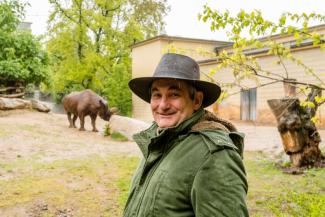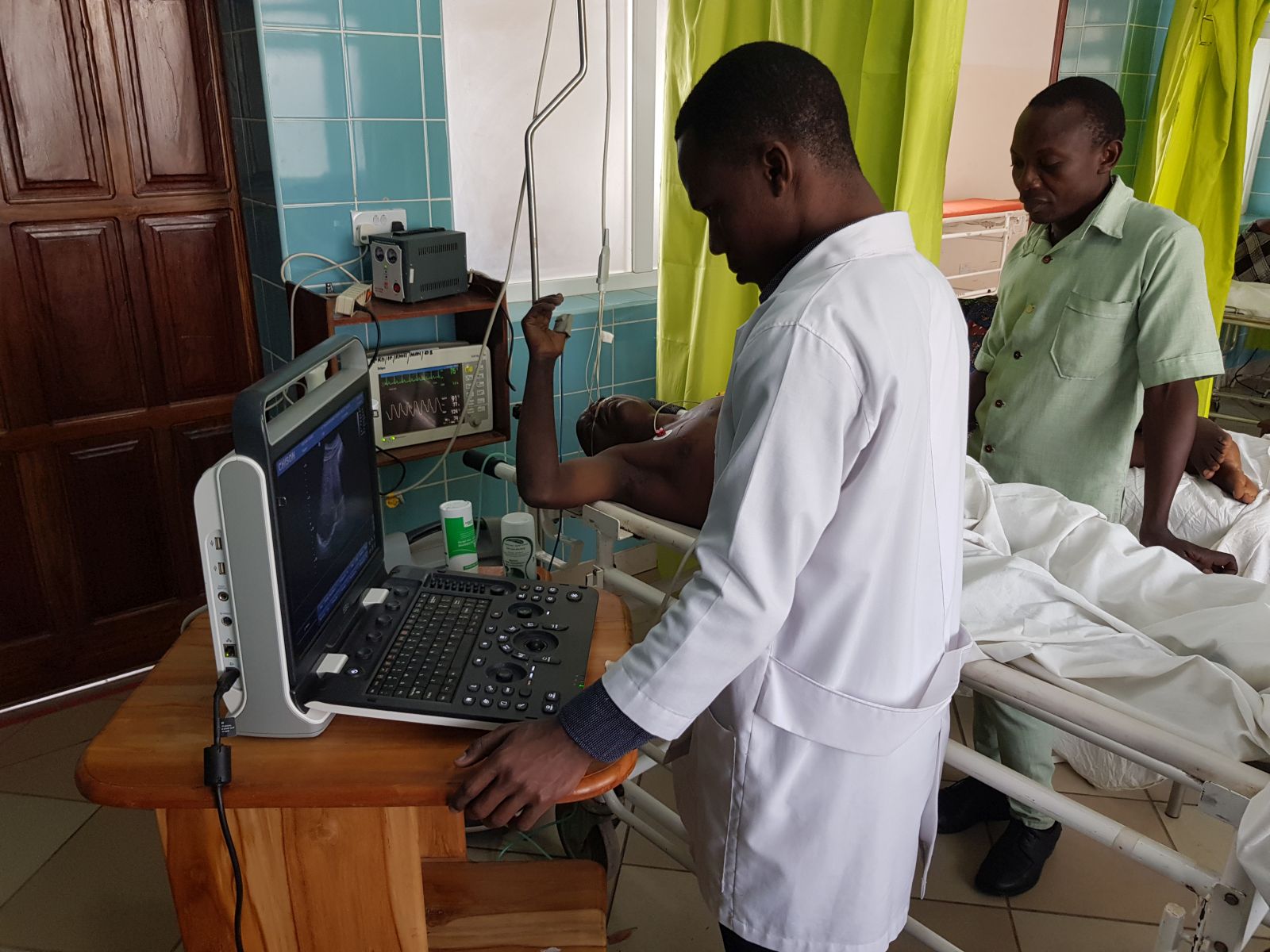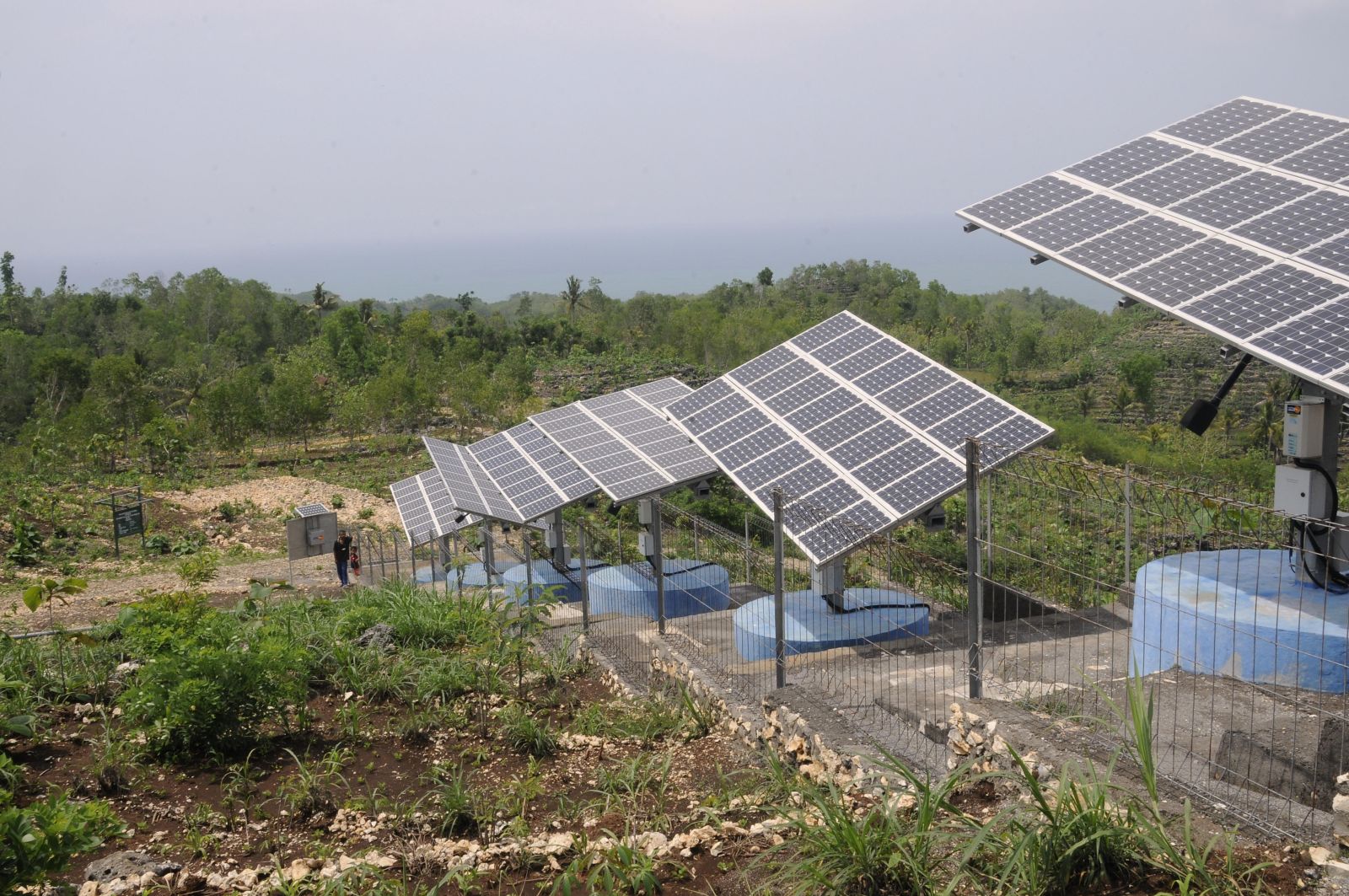Portrait
A life for the wilderness

Andrew Zaloumis is an enthusiastic supporter of Nelson Mandela, the first president of a free South Africa. He paved the way for the protection of the iSimangaliso Wetland Park (which means “wonder” in Zulu). Zaloumis played a leading role in elaborating the UNESCO treaties and embedding the area’s protected status in South African law.
Nature has always fascinated him. Right after he was born in Johannesburg in 1961, his family moved to a remote region of Zambia. “I grew up in the wilderness”, explained the reserved man. Later on, he studied economics in South Africa, and then decided to study spatial planning to avoid compulsory military service. “The apartheid state is responsible for my education,” he said ironically. During the first democratic elections in South Africa in 1994 he organised a polling station in a rural region.
Thereafter, Andrew Zaloumis focused solely on the environment. He was involved in cross-border conservation in the region of Lubombo, before taking over the management of the iSimangaliso Wetland Park in 2002. He promptly launched the restoration of plantations and wetlands, but his work comprises much more than that: “We always focus on three things: environment, supporting the local population and tourism.” Today, the park provides jobs for thousands of local people.
The measures that succeeded in resettling species such as giraffes, lions and the African wild dog were spectacular. “The wild dogs are particularly dear to my heart”, said Zaloumis. He marvelled at how the animals – of which there are now only 6,000 – travel many kilometres every day and hunt over massive territories.
Zaloumis lives in the middle of the park with his wife and two children. “Our nearest neighbour is 15 kilometres away.” Zaloumis is satisfied. The wilderness has him back.
Link
KfW supplement in D+C/E+Z:
https://www.kfw-entwicklungsbank.de/PDF/Download-Center/PDF-Dokumente-Medienkooperation-mit-E-Z/2017_10_Commitment_to_clean_oceans.pdf









